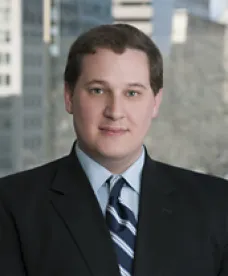A recent Senate Special Committee on Aging hearing focused on the impact of Medicare observation status, a hospital outpatient designation for which Medicare covers fewer services and generally reimburses for services at a lower rate compared to inpatient care.[1]
A pressing concern highlighted by Senate members was the fact that Medicare beneficiaries do not qualify for coverage for skilled nursing facilities following an outpatient stay. Beneficiaries are also impacted by copayments and prescription drug costs that they would not be responsible for under an inpatient designation. An additional concern was the increased prevalence of use of the observation status and the duration of stays thereunder. According to federal statistics, 1.6 million beneficiaries were admitted as observation patients in 2011, representing a 69 percent increase over the number of patients five years earlier. According to the Office of the Inspector General, 11 percent of observation stays in 2012 lasted for three or more nights.
Why is the role of the observation designation expanding? Hospitalists and health system executives provided testimony as to the effects of Medicare policies such as the Recovery Audit Contractor program and the “Two-Midnight” rule, enforcement of which is delayed through March 2015.[2] The “Two-Midnight” rule, intending to simplify and provide clarity for status determinations, has been criticized by some stakeholders as arbitrary and insufficiently flexible to different clinical care needs. The policy was discussed at a House Ways and Means Committee Health Subcommittee hearing on current hospital issues back in May.
Speakers at the hearing closed their testimony advocating for various short- and long-term recommendations for reform. Consistent across the proposals: the elimination or modification of the three-day inpatient stay qualifier for the coverage of skilled nursing facility care.
This article was written with contributions from Rachel Landauer.
[1] Video, statements, and testimony from the hearing are available here.
[2] For more information about the “Two-Midnight” rule, see the April 7th piece, Enforcement of the Two-Midnight Rule Delayed Again.



 />i
/>i

